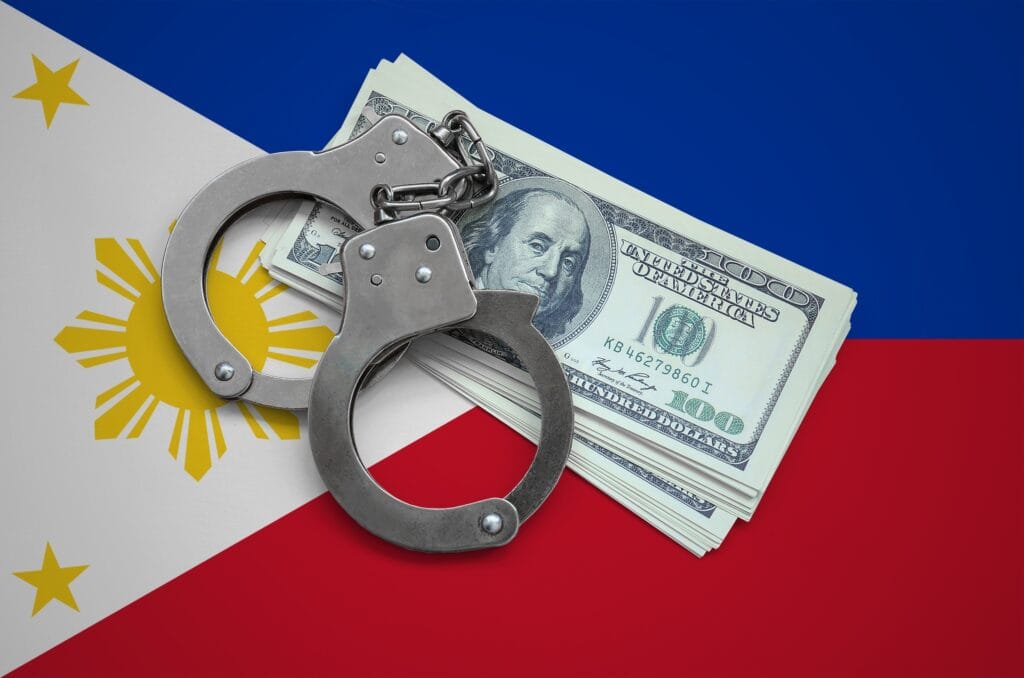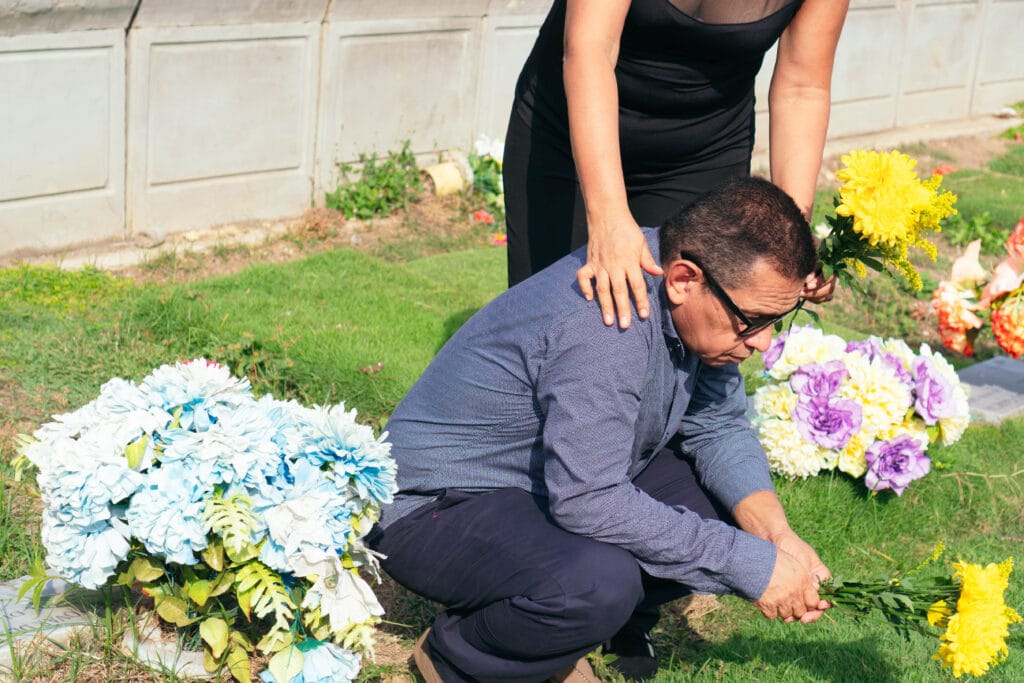By Christopher Cervantes, RFP

On March 12, the Philippine Stock Exchange index (PSEi) plummeted by 10.33 percent to 5,697.13. This triggered a circuit breaker, or a 15-minute trading halt, after which the bourse closed the day at 5,736.27 — its worst level since 2012. The next day — Friday the 13th — the index plunged by 10.43 percent to 5,138.04 in early trading, triggering another circuit breaker. But the PSEi ended rising by 1 percent to 5,793.94 after investors positively reacted to reports that the Government Service Insurance System and the Social Security System were urged to purchase more shares.
It’s understandable why investors here and overseas were so rattled then. The coronavirus disease 2019 (Covid-19) pandemic forced many countries to go under lockdown. Many industries are profoundly affected by this — travel and tourism, aviation and retail, among others. Many employers have reduced their business hours or implemented work-from-home schemes for their employees.
A market situation like this can be horrific for any investor. This is why a lot of social media posts on the timeless wisdom of Warren Buffet are going around. He famously said: “Be greedy when others are fearful.”
In a time like this, it’s a good idea to follow certain steps to avoid a complete disaster. Like any disaster, you should follow a drill, like an earthquake drill. We should prepare ourselves for calamities we don’t know when would happen. A market fall somehow offers some signs of what is about to happen, but most investors often ignore them.
So what does one do when the market becomes a “bear market”? Like most disasters, the wise thing to do is not be reactive, but responsive. Being reactive indicates short-term thinking, while being responsive allows you to step back, recalculate and control the damage. Stay calm, which is what we are often told in any drill. Fear and greed are the investor’s worst enemies.
Don’t sell an investment in a panic. We have seen this in many market crashes. When the market bottomed in 2008, investors who bought sound companies and did not sell any of their holdings saw their invested money increase in value tremendously.
This goes to show that you don’t need a recession to destroy your wealth. You only need to be in the wrong place at the wrong time, relying on the “wisdom” of the crowd chasing investments it doesn’t know anything about. With a market dropping like a stone, no one seems to realize that nothing goes up in a straight line.
That’s why in the seminar I conduct every month, it is prudent to protect your money. Understanding the “anatomy” of money (making, growing, protecting and distributing) is half of winning the battle in wealth-building.
The good news is that there are more investment opportunities available now than in years past in times like this. Numerous investment houses and mutual funds ofer index funds.
Even insurance companies are now also doing the same for you to take advantage of market growth. But to take advantage of any recession, you need to be not only on the offensive, but also on the defensive.
In most financial planning seminars, books and shows, the importance of having an emergency fund is always emphasized. The question is: How much liquidity do you have? If you have enough, then congratulations, for you have the option on what to do with it. One crucial strategy in wealth-building is always having cash, because when there is blood on the street, the market will go down. Assets will become cheaper. You need cash to grab the best opportunity.
Your insurance agent is always banging on your door, trying to sell you medical insurance. Now that we have a health crisis, are you in a position to protect yourself against this pandemic?







